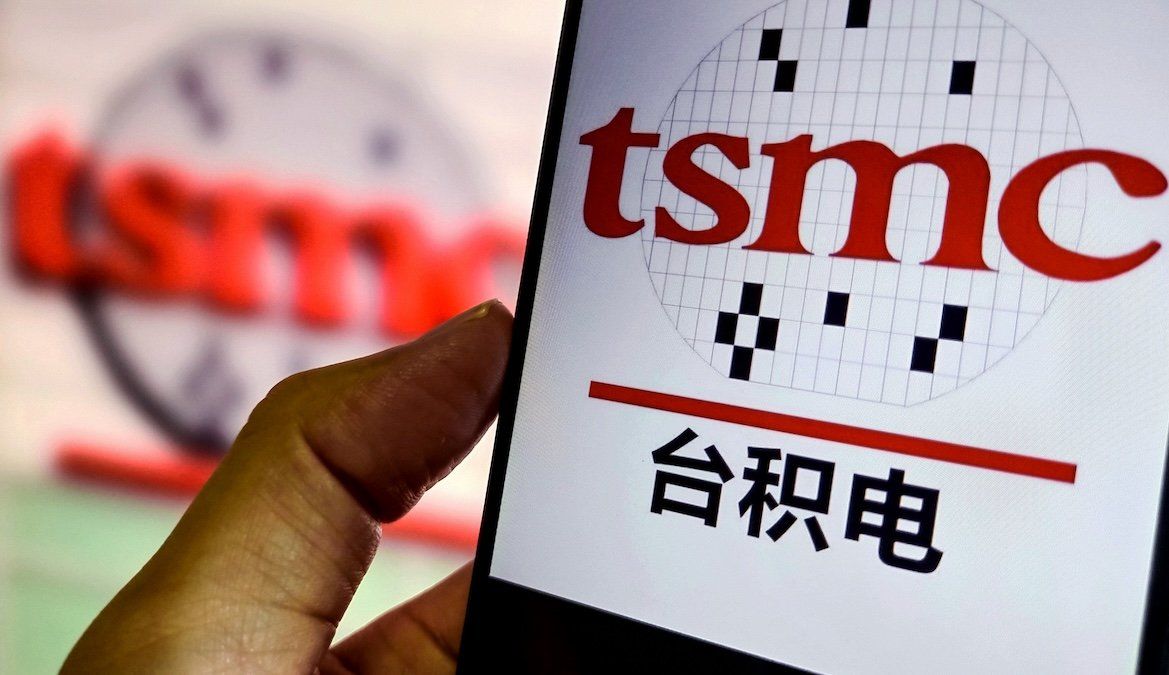Hard Numbers: TSMC’s boom, Gemini’s ambitions, Anduril takes Ohio, Synthesia’s ambitions, TSMC evacuates after earthquake
500 million: Google CEO Sundar Pichai told employees that he wants 500 million people to use the company’s Gemini AI technology by the end of 2025. It’s unclear how many users Gemini currently has, but it reportedly trails OpenAI’s ChatGPT, which boasts 300 million users.
1 billion: Anduril, which makes drones and other AI-powered military systems, plans to build a $1 billion factory in Columbus, Ohio. The company, based in California, said the Ohio facility, called Arsenal-1, will bring 4,000 new jobs to the Buckeye State.
2.1 billion: Synthesia, the British AI avatar company we wrote about in July, raised $180 million in a new funding round last week, raising its valuation to $2.1 billion. CEO Victor Riparbelli told the Financial Times that the UK is “the only country in the European region right now that has a real shot at becoming a top-three AI superpower.”
6.4: Taiwan was hit by a 6.4-magnitude earthquake on Tuesday, causing TSMC to evacuate its facilities. The chipmaker said that all of its staff were safe. It’s unclear how production was interrupted or whether the buildings sustained damage.